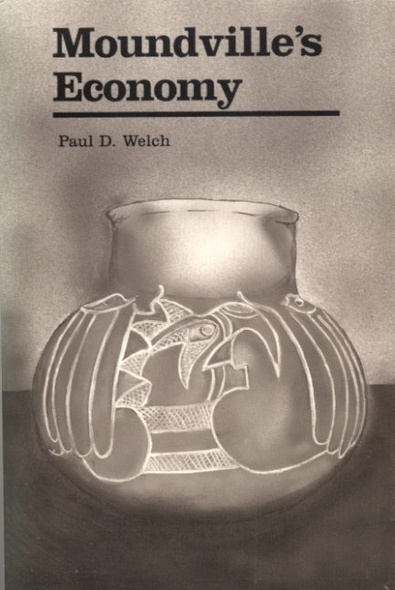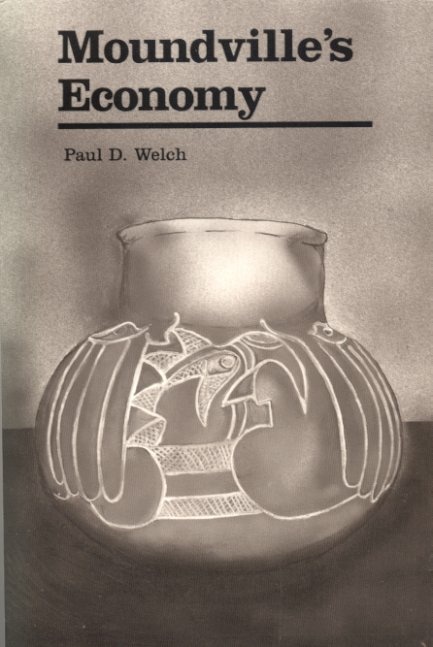A Dan Josselyn Memorial Publication
Anthropologists have long talked about chiefdoms as a form of sociopolitical organization, and for several decades Elman Service's description of chiefdoms has been widely accepted as definitive. Nevertheless, in the 1970s, scholars began to question whether all, or any, chiefdoms had the entire range of characteristics described by Service. Most of the questions focused on the (nonmarket) economic organization of these polities, and several contrasting economic models were suggested. None of the models, however, was comprehensively tested against actual chiefdom economies.
This study examines the economic organization of the late prehistoric (A.D. 1000 to 1540) chiefdom centered at Moundville, Alabama. Rather than attempting to show that this case fits one or another model, the economic organization is determined empirically using archaeological data. The pattern of production and distribution of subsistence goods, domestic nonutilitarian goods, and imported prestige goods does not fit precisely any of the extant models. Because Moundville's economy was organized in a way that promoted stability, it may be no accident that Moundville was the dominant regional polity for several hundred years. This research opens a new field of archaeological investigation: the relationship between fine details of economic organization and large-scale political fortunes.
A remarkably lucid coverage of the Moundville chiefdom, and it is an extremely useful introduction to the exciting archaeolgocial research being conducted in this part of Alabama. . . . Mississippian specialists and archaeologists concerned with complex societies in other parts of the world will find much of interest in Welch's book.'
—American Antiquity
Moundville's Economy is a thorough synthesis of what is known about economic activity in the prehistoric Moundville chiefdom—from the production and movement of craft goods at the center to the traffic in ordinary comestibles at the peripheries. The book's effort at model building is outstanding in its clarity.'—Vernon James Knight Jr., The University of Alabama
Paul D. Welch is Assistant Professor of Anthropology, Queens College.





